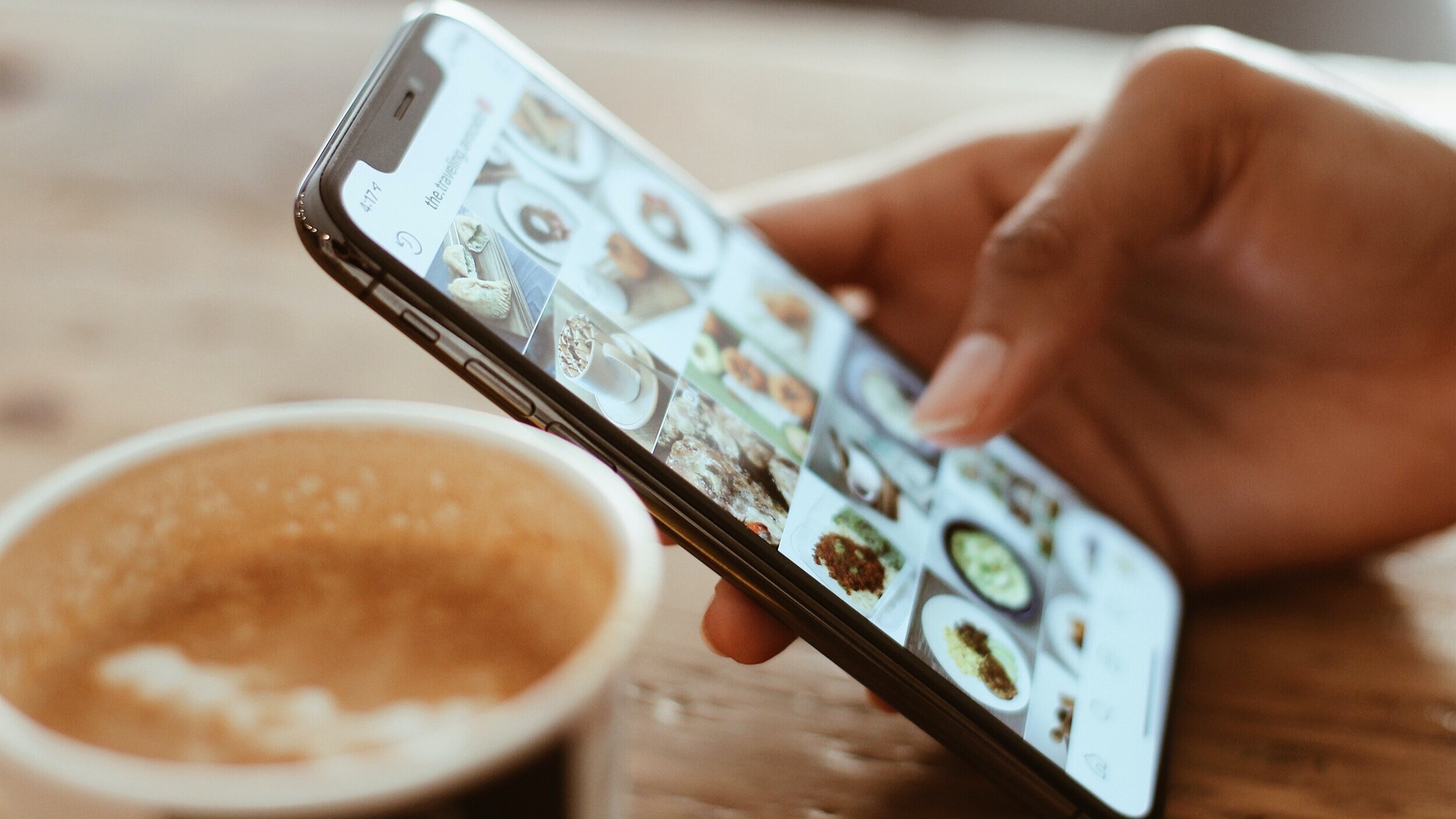Unsocial Social Media: The Impact of Social Media On Teenage Self-Esteem and Communication
A teenager’s self-esteem can be hugely influenced by their peers, which has really always been the case. But in today’s world, that influence stretches far and wide.
The mean things teens do to one another can be broadcasted in minutes.
The crappy things teens say to one another can be amplified under the protection of a screen.
The number of followers or “likes” a teen gets can literally feel like a measure of self-worth.
But this is just a piece of the effects of cell phones and social media. The time teens spend with their heads bowed down into phones (and this can really apply to adults, as well, but that discussion will be saved for another post…) is significant. This time spent in a virtual world, finding “connection” with people around the country and the globe can feel quite powerful.
“Teens who have not felt like they fit in anywhere may now find a place where people accept them.”
The Pros and Cons of Social Media
I think in some ways this can be hugely beneficial for folks. But on the other hand, I think it can also inadvertently create a host of other issues that could potentially be long-lasting when that is one’s main form of interaction. Written communication skills are fantastic to have, and for some of us, it’s much easier to express ourselves in that way. Additionally, however, being able to effectively communicate with others face-to-face is hugely important as well.
It feels like what’s happening today is that teens (many, not all) are a bit out of balance in this realm. They can spend hours communicating via electronic means, but have a much harder time expressing themselves in person. Again, having difficulties with verbal expression is a fairly typical experience for all teenagers looking back through generations! However, the big difference now is that there appears to be fewer opportunities for face-to-face communication when one’s focus is most always enveloped in a cell phone.
Thusly, as the rest of us had to go through trial and error when learning to navigate the complexities of verbal communication and expression (which involves not only finding the right wording, but understanding the implications of our tone, our own body language, reading other people’s body language, understanding other people’s tones, etc.) teens don’t seem to go through nearly as much of that same experiential learning process.
What used to give us self-confidence when speaking with others—repeatedly attempting to effectively communicate and observing how others effectively communicate—seems to be available to a lesser extent now. I’m not saying these opportunities are nonexistent, just…less available, when it feels easier to scroll through social media while waiting in line, it feels more entertaining to look at new filters on SnapChat when waiting at the doctor’s office, it feels more comfortable to send a texts to friends instead of making conversation with another human near to you at a family party.
Those situations used to be rich in opportunity for social communication practice and observation, but are now experienced as time to delve into the digital world. This can ultimately lead to some of the underlying anxiety and depression we see in teenagers when they feel as if they don’t have the skills to use their voices in the immediate world around them. It’s hard to express yourself to your friends, or advocate for yourself at school or at a job when you feel you don’t know how to do so. This can lead to stuffing those thoughts and feelings down, and only add to the tangle of emotion already naturally happening within a teenager’s body and brain.
I don’t think all hope is lost, however. I think it can just take quite a while longer for teenagers to learn effective in-person communication skills than it used to. And of course, some teens are very good at expressing themselves verbally! It just appears to be a trend that the balance is off, which again can add to some of the anxiety or depression teens are experiencing today. I don’t think social media is all bad. I certainly don’t think the internet or cell phones are bad! I do think that many of us, teens and adults alike, can make more of an effort to be more present in our physical world and take more breaks from the screens.
Sometimes those two minute conversations with someone at Starbucks can be empowering, educational, and even life changing. I believe it’s worth it to work through some of those uncomfortable feelings to get to the other side—where we find increased self-confidence, connection, and most of all, our voice.



